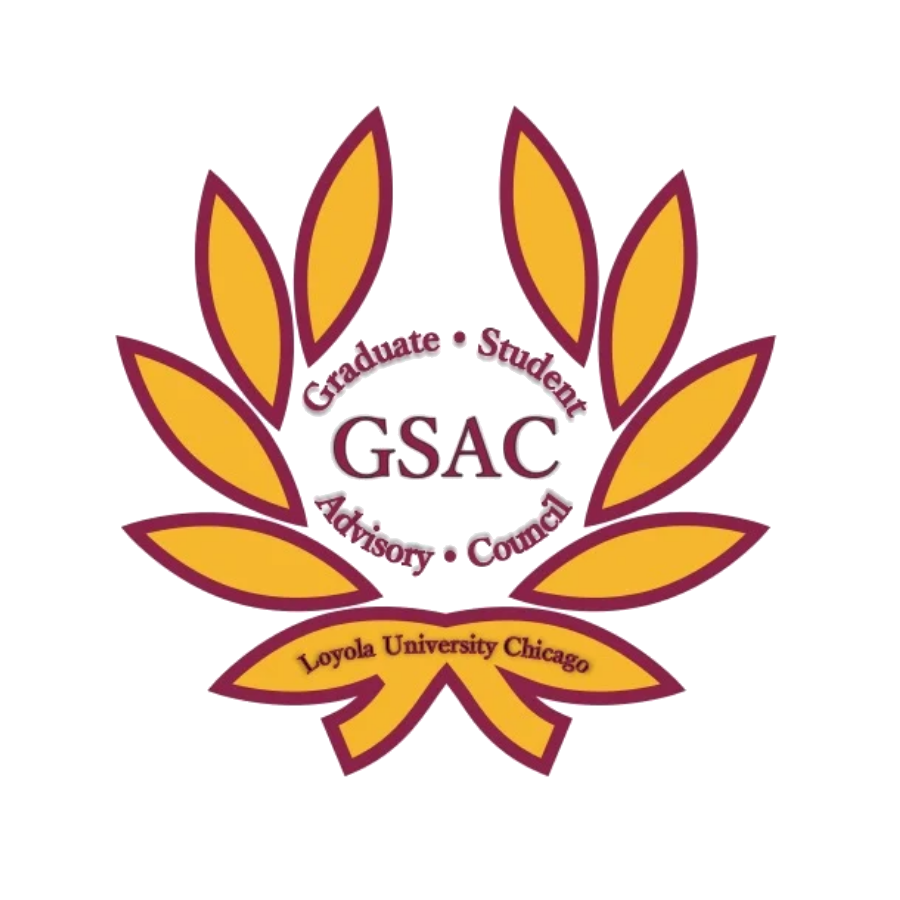Title of Poster or Presentation
Affiliative motivation and trust mitigate negative emotions targeting confronters of racism
Submission Type
Oral/Paper Presentation
Degree Type
PhD
Discipline
Social Sciences
Department
Psychology
Access Type
Open Access
Abstract or Description
Confronting anti-Black racism has the potential to reduce its occurrence (Czopp, Monteith, & Mark, 2006), but many people report fearing the potential for social backlash and opt out of confronting as a response to bias (Swim & Hyers, 1999). Social backlash following a confrontation is often associated with a perpetrator’s negative confronter-directed emotions (e.g., anger, irritation; Monteith, Devine, & Zuwerink, 1993). Research has yet to determine whether perpetrators’ negative emotional reactions following a confrontation for racism depend upon the social bond and trust shared with the confronter. This study tested the hypothesis that as trust for the confronter increases, a perpetrator’s affiliative motivation (i.e., desire to form or maintain a social bond; Echterhoff, Higgins, & Levine, 2009) with the confronter will mitigate negative confronter-directed emotions after a racial (v. rude) confrontation. White individuals (N = 354) participated in an online study with an ostensible interaction partner. Participants either experienced a high or low affiliative motivation manipulation and completed a task that elicited racist responses. The interaction partner confronted the participant for racism or for lack of attention to the task. Participants then answered 15 items rating their trust for the confronter, and 3 items rating negative confronter-directed emotions. Results indicated that for participants who felt high (v. low) affiliative motivation for their confronter, as trust increased negative confronter-directed emotions decreased. Overall, this research suggests that White confronters of racial bias can harness the power of social bonds and trust to avoid negative emotions that could lead to social backlash.
Creative Commons License

This work is licensed under a Creative Commons Attribution-Noncommercial-No Derivative Works 3.0 License.
Affiliative motivation and trust mitigate negative emotions targeting confronters of racism
Confronting anti-Black racism has the potential to reduce its occurrence (Czopp, Monteith, & Mark, 2006), but many people report fearing the potential for social backlash and opt out of confronting as a response to bias (Swim & Hyers, 1999). Social backlash following a confrontation is often associated with a perpetrator’s negative confronter-directed emotions (e.g., anger, irritation; Monteith, Devine, & Zuwerink, 1993). Research has yet to determine whether perpetrators’ negative emotional reactions following a confrontation for racism depend upon the social bond and trust shared with the confronter. This study tested the hypothesis that as trust for the confronter increases, a perpetrator’s affiliative motivation (i.e., desire to form or maintain a social bond; Echterhoff, Higgins, & Levine, 2009) with the confronter will mitigate negative confronter-directed emotions after a racial (v. rude) confrontation. White individuals (N = 354) participated in an online study with an ostensible interaction partner. Participants either experienced a high or low affiliative motivation manipulation and completed a task that elicited racist responses. The interaction partner confronted the participant for racism or for lack of attention to the task. Participants then answered 15 items rating their trust for the confronter, and 3 items rating negative confronter-directed emotions. Results indicated that for participants who felt high (v. low) affiliative motivation for their confronter, as trust increased negative confronter-directed emotions decreased. Overall, this research suggests that White confronters of racial bias can harness the power of social bonds and trust to avoid negative emotions that could lead to social backlash.



